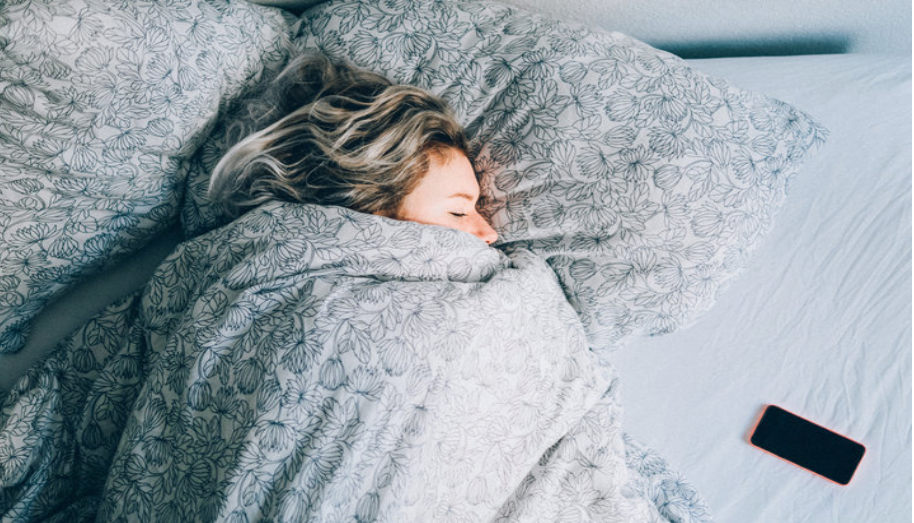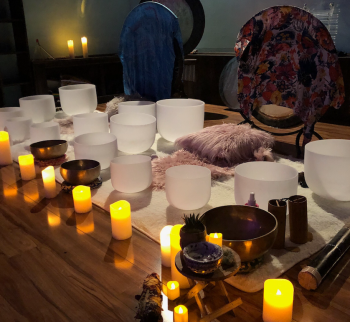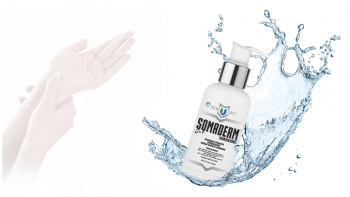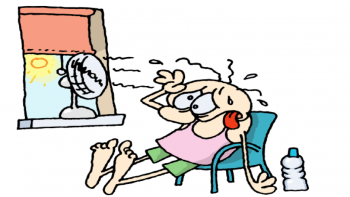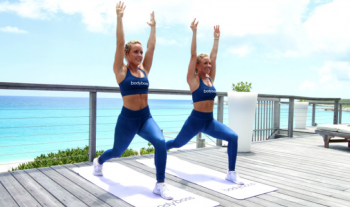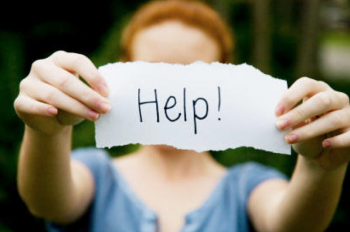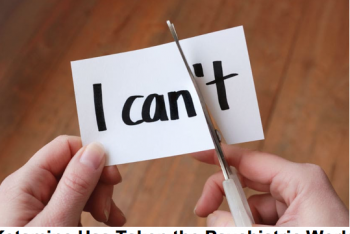WELLNESS--Fewer things are more frustrating than an out-of-whack sleep cycle.
When you’re tired by day and wired by night, it can get to the point where you’ll try just about anything to get a solid night’s sleep ― including taking Benadryl, a drowsiness-inducing antihistamine, whether you’re experiencing allergies or not.
It turns out that popping a Benadryl to score some shuteye, even when you’re allergy-free, is pretty common: According to a 2017 review published in the journal The Gerontologist, roughly 1 in 5 adults use an over-the-counter sleep aid, and Benadryl is one of the most commonly used products.
“One reason people turn to Benadryl is the feeling of drowsiness that ensues,” said Tania Elliott, a New York-based allergist and spokesperson for the American College of Allergy, Asthma and Immunology. (Other sleep aids, such as melatonin, have little to no drowsiness effect.) “The onset of action is about 20 minutes, so people feel like it’s really ‘working,’” Elliott added.
But does taking a Benadryl really contribute to a better night’s sleep ― and is it even safe? We asked experts to give us the breakdown.
The Medication Does Make You Sleepy...
Antihistamine (also known as diphenhydramine) is the secret ingredient in numerous OTC products commonly used for insomnia, including Benadryl, said Alex Dimitriu, a California-based dual board-certified psychiatrist and sleep medicine specialist. It works by blocking histamine, a chemical produced by the central nervous system that not only produces allergy symptoms, but plays a role in wakefulness (hence the insta-drowsy feeling after you pop a Benadryl).
Antihistamines may be helpful in short-term situations (say, for a few days at a time when stress, travel or other disruptions cause you to toss and turn), but it’s important to stress that this isn’t the medication’s intended use, said Martin Reed, a certified clinical sleep health expert and founder of Insomnia Coach. And switching to an OTC sleep drug that happens to contain antihistamine doesn’t mean you’re off the hook, either. There’s still an overall lack of data on the safety and efficacy of using antihistamines to help you sleep, according to the American Academy of Sleep Medicine.
...But It’s Probably Not Doing You Any Favors In The Long Run
Though they may help you fall asleep faster and get more sleep, antihistamines won’t necessarily lead to better quality sleep, which is what’s most important, Elliott said.
This is because antihistamine also blocks acetylcholine, a neurotransmitter in your brain that plays a role in REM sleep (the phase of sleep involving dreams). And in the process, this increases your phases of light sleep at the expense of deeper sleep, leading to greater likelihood of next-day sedation.
“The sedation is usually from the medicine still being in the body after waking, but some of the fatigue is from the brain not going through its normal stages of sleep during the night,” Dimitriu said.
Thanks to the next-day hangover effect, other symptoms you might experience by day include dry mouth, dizziness, poor focus and forgetfulness. You may also develop a tolerance to the sedative effects pretty quickly, according to the Mayo Clinic, so the longer you take the medication, the less likely they are to help you conk out.
What Happens If You’re Desperate And Need It?
Taking Benadryl to help you get to sleep is okay in small doses once in a while ― but, again, it doesn’t lead to better quality sleep, Elliott said. Because antihistamines can peer pressure your body to spend more time in the lighter stages of sleep, the eight hours you clock in bed might end up feeling more like five.
Sure, some sleep is better than no sleep, even if it’s of the lighter variety. However, it’s basically the equivalent of going to the gym and walking slowly on the treadmill for an hour versus running: both experiences count, but one is far more beneficial than the other, Dimitriu said.
No matter which OTC sleep aid you use, they’re meant to be a stepping stone to better sleep during temporary disruptions, not a permanent fix. In general, they’re not to be used for any longer than two weeks, according to the Mayo Clinic.
There Are Other Fixes That Actually Work
Antihistamines don’t get to the core of what’s really affecting your sleep. Underlying issues that are the likely culprits include sleep apnea, anxiety, depression or other mental health issues, Dimitriu said.
Lifestyle habits like consuming too much caffeine late in the day or scrolling on your phone before you go to bed can also mess with your sleep.
If your sleep problems persist beyond two weeks, at most, evaluation by a doctor is a good idea.
Another thing that can help is adding more options to your sleep hygiene repertoire so that you’re not relying solely on one way of nodding off when the going gets tough.
“Non-medical options are chiefly centered on sleep hygiene,” Dimitriu said. Focus on: keeping a regular sleep and wake time to maintain your body’s sleep-wake cycle; jotting down every loose end and worry so that your mind’s quieter before you hit the sack; maintaining a bedtime routine that promotes relaxation.
Your pre-sleep routine might include cutting yourself off from emails, social media and stimulating television shows by a certain time, dimming the lights and listening to a guided meditation (the Meditation Studio or Headspace apps contain an excellent collection of sleep-inducing meditations, for example).
A bedtime snack can prevent hunger pangs from keeping you awake, too. Try one of these tasty recommendations from the National Sleep Foundation, or relax your body by making yourself a banana tea.
“The peel is rich in magnesium, which promotes relaxation of the muscles, restoration, and sleep,” Elliott said.
Making yoga a part of your workout routine can also be helpful. People with insomnia who regularly perform yoga tend to fall asleep faster, sleep longer and fall back to sleep quicker if they wake up in the middle of the night, according to the National Sleep Foundation.
“The longer you spend in bed awake, the stronger the association becomes between your bed and wakefulness rather than sleep.”
- Martin Reed, certified clinical sleep health expert
And if you find that falling asleep quickly is, well, a nightmare, Reed recommended cutting back on how much time you spend awake in bed worrying about how much sleep you’re not getting.
“The longer you spend in bed awake, the stronger the association becomes between your bed and wakefulness rather than sleep,” he said. “Make sure you aren’t allotting more than an hour to fall asleep, in addition to your average nightly sleep duration.”
If you don’t fall asleep within 20 minutes, leave your bedroom to do something relaxing and don’t go back to bed until you feel sleepy again. You may feel like a human yo-yo for the first couple of weeks, Reed said, but eventually your bed will become a stronger trigger for sleep ― and you can finally get back to catching quality Zs. No allergy medicine required.
(Krissy Brady is a health and fitness writer for HuffPost … where this piece was first posted.)
-cw

